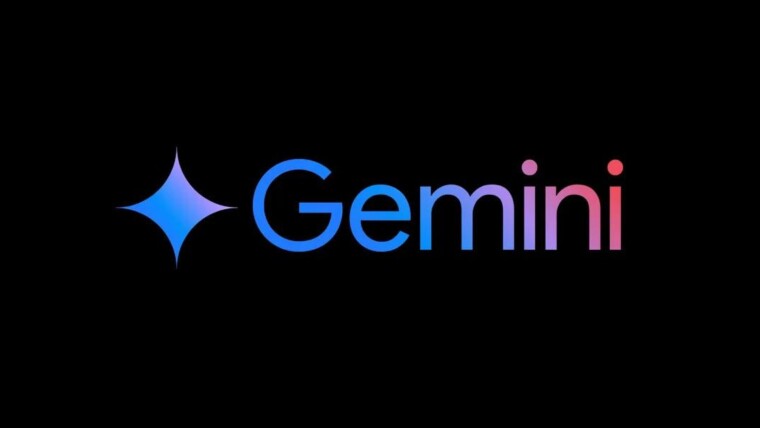
Google's Gemini AI also has a naming story like other products and services on the market. While the AI model got its first public mention at Google I/O 2023, its placeholder name was "Titan" during the early stages of development, which is also the name of Saturn's largest moon.
That's according to Gemini's co-technical lead, Jeff Dean, who wasn't a huge fan of the name, but it prompted him to look around for something "grounded in space."
Gemini's name has multiple references. For instance, Gemini is Latin for "twins." The name refers to a constellation known for twins, reflecting the merger of Google Brain and DeepMind in 2023 to become Google DeepMind.
In a Google blog post, Jeff explained:
The Gemini effort came about because we wanted to bring our teams working on language modeling closer together. I felt the twins aspect of the name ‘Gemini’ was a great fit. The twins here are the folks in the legacy Brain team and the legacy DeepMind team, who started to work together on this ambitious multimodal model project.
Google says there is a two-fold meaning behind the name of its AI model. The model's ability to handle different data types aligns with the dual-natured personality of the Gemini zodiac sign, "capable of adapting quickly, connecting to a wide range of people, and seeing things from multiple perspectives."
NASA's early moonshot program, Project Gemini, became the other space-related inspiration for the AI model's name. Project Gemini was the second US human spaceflight program designed to "test equipment and techniques for keeping astronauts in space for extended time" before the Apollo mission that took humans to the moon for the first time.
The AI team resonated with the project's success, and the name "Gemini" got "stuck" when Jeff proposed it in a Google Doc the team was working on, according to Gemini's co-technical lead, Oriol Vinyals.
I was immediately sold on the name, because the monumental effort of training LLMs resonated with the spirit of launching rockets. It was very fitting to name the most ambitious project we have ever embarked on as Gemini.
Last year, Google released Gemini in different sizes: Pro, Nano, and Ultra. According to Oriol, the team considered naming different Gemini models around the "names of stars in the universe, as there are quite a few of different sizes, like our models.”
It remains to be seen whether Oriol hinted at Gemini's successor by saying, “Now the question is, will there be a follow-up to Gemini named Apollo?”
More recently, Google introduced Gemini 1.5 Pro and a newer model 1.5 Flash at the Google I/O developer conference, alongside new features for Android, AI Overviews for Search, and the Ask Photos assistant.


















4 Comments - Add comment